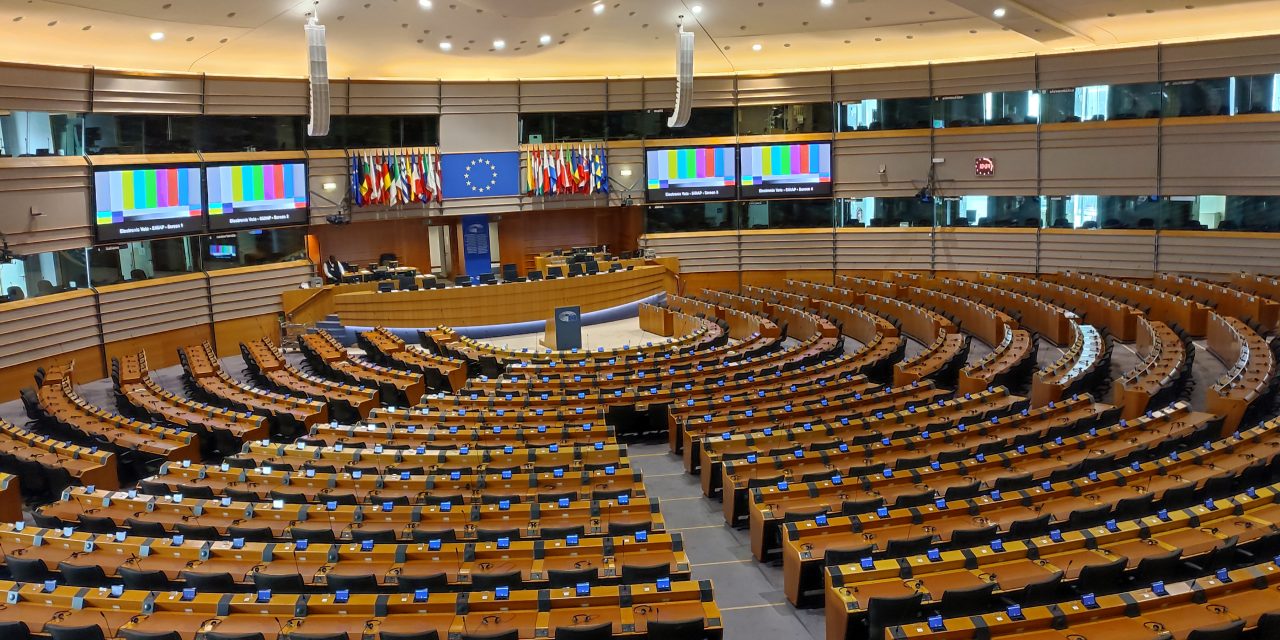The Sami are the EUs only recognised indigenous group, with their native lands spanning across the northern regions of Norway, Sweden, Finland and Russia.
The Sami people have a historically tumultuous relationship with Nordic governments. Both Sweden and Norway have been accused of forcing assimilation on the Sami people.
On March 1, 2022 the Sami Consultation Law came into effect for national governmental organisations in Sweden. The law will also come into effect for local governments on March 1, 2024. A Norwegian law of similar purpose was the main inspiration.
The law requires organisations to consult Sami representatives on issues that may concern them. Among these issues are land use, reindeer husbandry, fishing, hunting and cultural issues. (Reindeer historically played a large role in Sami culture and are still considered important today.)
The Swedish law, however, has been criticised by multiple groups, including Amnesty International and the Sami Council in Sweden, for allowing consultations to come to a close without a consensus being reached between the Sami people and governmental organisations.
The Sami Parliament has also noted that they “do not have the financial means to participate in the consultations in a fruitful way.”
Stefan Mikaelsson, a representative from the Sami Parliament (Sametinget), expanded on this point. “More labour has to be [be done by] the office of the Sami Parliament,” he explained. “[The Swedish government] have supported us with funding for this work but… It’s not enough.”
“However,” he continued, “it is uncertain how many applications, how many errands, will show up after the first year… So maybe this amount of money will be satisfactory for the work.”
Svensk Vindenergi (Swedish wind energy trade association) and Vattenfall (Swedish multinational power company owned by the Swedish state), have also objected to the law, but for very different reasons. They are worried the required consultations will extend processing times for projects such as renewable energy sources.
“They are speaking on their own behalf, and for their benefits and profits, and they’re not speaking on behalf of the Sami people,” said Mikaelsson.
However, Mikaelsson still has some faith in the law. “I think it’s a pretty good step. And also, I personally believe that this will be developed,” he said.
While many Sami groups see this law as a step forward in repairing relations, many also believe that in its current state, the law does not provide strong enough protections to Sami people’s rights.




